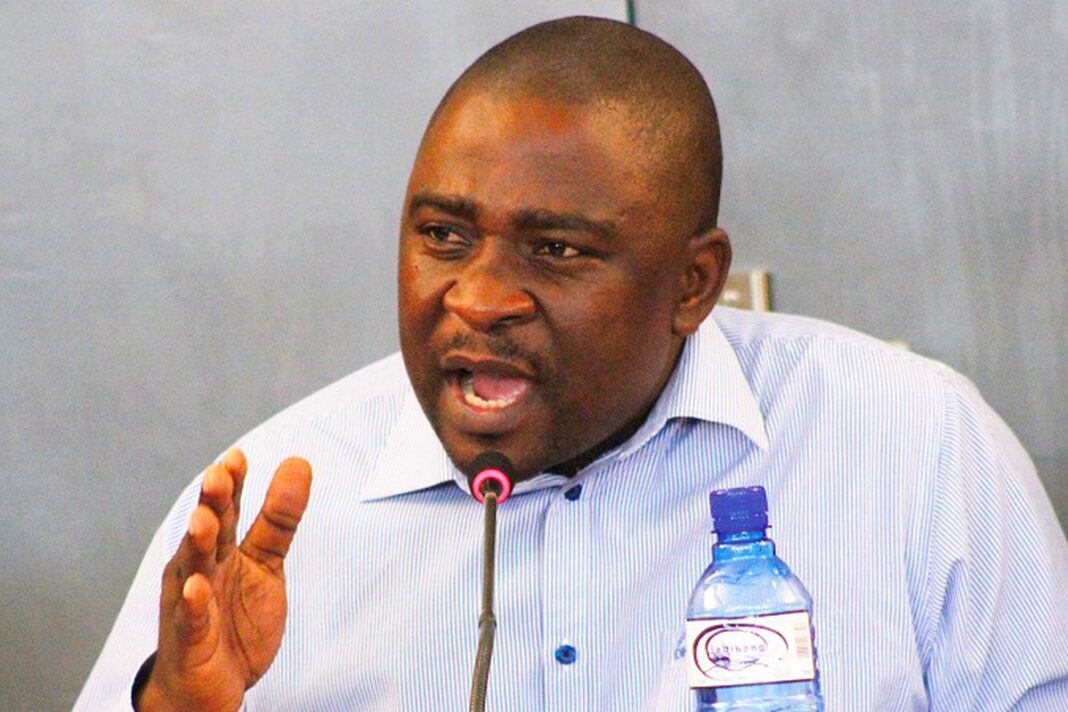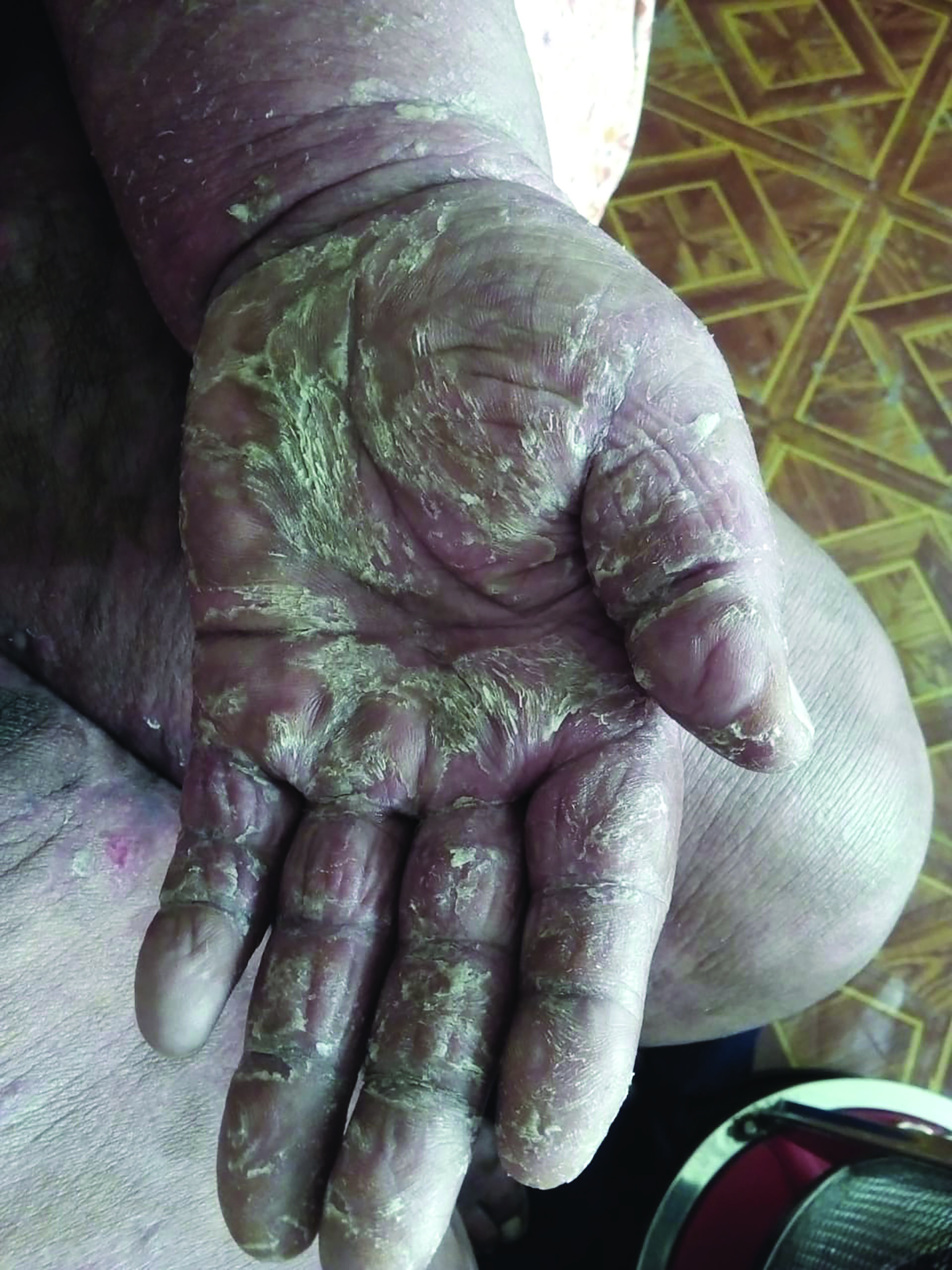Ntsoaki Motaung and Lerato Matheka
Lesotho is grappling with a significant medical debt amounting to M211 million owed to the Free State government in South Africa for healthcare services.
This staggering debt has accumulated over the years, as revealed in the consolidated report on the annual budget and estimates of revenue and expenditure for the financial year 2024/2025.
Presented by the portfolio committee on the Economic and Development Cluster to the National Assembly of Lesotho on March 8, 2024, the report also highlights an additional unbudgeted M108 million intended to cover Queen ‘Mamohato Memorial Hospital referrals to South Africa for the upcoming fiscal year.
Health Minister Selibe Mochoboroane, in an exclusive interview with Newsday, confirmed the country’s indebtedness to South Africa, emphasising its longstanding nature and the challenges posed by unpaid arrears.
“The debt has been accumulated over many years and is being bloated by unpaid arrears,” he said.
Mochoboroane further revealed the disproportionate burden borne by cancer patients, with each treatment costing at least M200,000 and the country spending over M200 million monthly on referrals to South Africa.
He lamented delays in securing appointment spaces due to the high volume of referrals, noting instances where patients had suffered or even died as a result.
In response to the escalating costs of referrals, the committee underscored the urgency of constructing a Cancer Treatment and Management Centre.
Mochoboroane also acknowledged delays in this regard, but assured progress.
“The first phase of the project has started and is almost 80% complete, with the second phase, involving tender evaluations, currently underway,” he stated.
He emphasised the potential cost-saving benefits once the facility becomes operational.
“Once completed, the Cancer facility will save the country M200 million annually,” he said.
Addressing the funding shortfall, the committee recommended transferring M250 million from the Lesotho Millennium Development Account (LMDA) to the health ministry, however, Mochoboroane admitted the absence of a concrete payment strategy for the medical debt, citing years of neglect in servicing the loan.
He warned of potential repercussions, including the refusal of future patients by South Africa if the debt remains unresolved.
“If the country doesn’t service its debt Lesotho may be going towards a point where South Africa will no longer take patients from Lesotho,” he said, however was quick to indicate his ministry was working tirelessly to improve equity and quality primary health services.
Despite these challenges, the health ministry received M3.4 billion in allocations for the 2024/25 budget, signalling a commitment to improving primary healthcare services.
Mochoboroane stressed that as Lesotho grapples with its medical debt crisis, efforts are underway to address the underlying issues and ensure equitable access to healthcare for all citizens.
Summary
- This staggering debt has accumulated over the years, as revealed in the consolidated report on the annual budget and estimates of revenue and expenditure for the financial year 2024/2025.
- Presented by the portfolio committee on the Economic and Development Cluster to the National Assembly of Lesotho on March 8, 2024, the report also highlights an additional unbudgeted M108 million intended to cover Queen ‘Mamohato Memorial Hospital referrals to South Africa for the upcoming fiscal year.
- Addressing the funding shortfall, the committee recommended transferring M250 million from the Lesotho Millennium Development Account (LMDA) to the health ministry, however, Mochoboroane admitted the absence of a concrete payment strategy for the medical debt, citing years of neglect in servicing the loan.

Your Trusted Source for News and Insights in Lesotho!
At Newsday Media, we are passionate about delivering accurate, timely, and engaging news and multimedia content to our diverse audience. Founded with the vision of revolutionizing the media landscape in Lesotho, we have grown into a leading hybrid media company that blends traditional journalism with innovative digital platforms.







